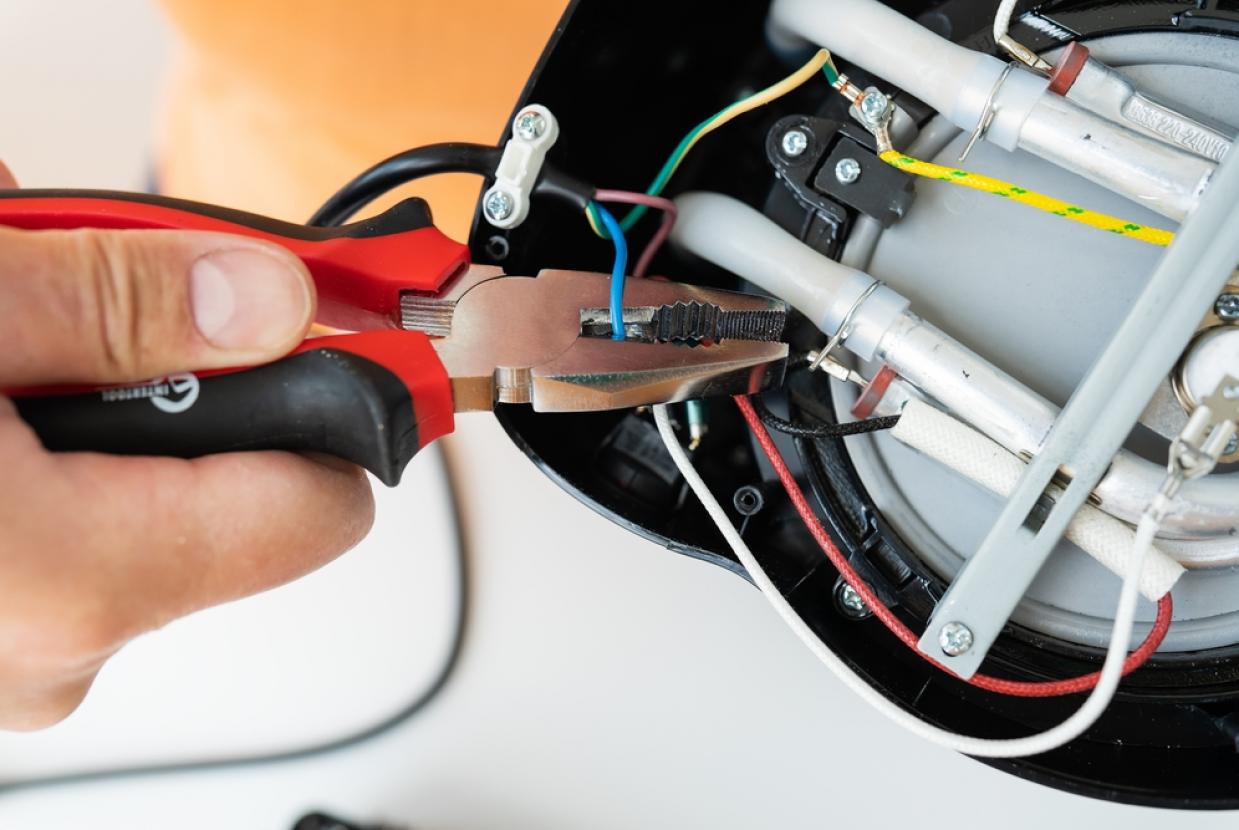What Is Mixed Dementia?
Dementia‘Mixed dementia’ is a condition in which a person has more than one type of dementia. A combination of Alzheimer’s disease and vascular dementia is the most common type. At least 1 in 10 people with dementia is diagnosed as having mixed dementia. Other combinations are also possible – particularly Alzheimer’s disease and dementia with Lewy bodies.
Getting a mixed dementia diagnosis
A lot of people have more than one type of disease in their brain, particularly as they get older. The most common types are Alzheimer’s disease, vascular or blood vessel disease, and Lewy body disease.
When an older person has dementia, it’s probably not because of a single type of brain disease but rather a combination of different ones. Unfortunately, it’s still very difficult to see all the different types of disease in the brain of a living person.
This is why a doctor is likely to base their diagnosis on the main type of disease they think is present and causing symptoms. The most common diagnoses are Alzheimer’s disease or vascular dementia.
Sometimes, a doctor may find that a person has clear signs and symptoms of at least two different types of dementia. When this happens, they will make a diagnosis of mixed dementia.
What are the symptoms of mixed dementia?
There’s no fixed set of symptoms for mixed dementia. This is because a person’s symptoms depend on the relative contributions of each type of dementia that they have.
To know more about the likely symptoms of mixed dementia, you need to learn about the symptoms of the different types involved. It’s common to have more symptoms of one type than another.
Common types of mixed dementia
Most diagnoses of mixed dementia tend to be a combination of two different types. Here, we look at the two most common types of mixed dementia – Alzheimer's disease with vascular dementia, and Alzheimer’s disease with Lewy body disease.
Alzheimer’s disease with vascular dementia
This is the most common type of mixed dementia. It’s caused by a person developing Alzheimer’s disease and at the same time having diseased or damaged blood vessels supplying their brain. The two different types of disease combine to make symptoms worse than they would be on their own.
Understanding Alzheimer’s disease
Alzheimer’s disease is caused by a build-up of faulty proteins in and around brain cells. The most common and well-known symptom of Alzheimer’s disease is having problems with memory – particularly memories of recent events or conversations.
However, a person with Alzheimer’s is also likely to get lost easily, have trouble finding words when they’re speaking and become confused about time or place.
Understanding vascular dementia
The ‘vascular’ part of mixed dementia is caused by problems with the supply of blood throughout the brain.
These can be caused by a stroke or a series of strokes when blood vessels in the brain become blocked or bleed. More often it’s caused by thousands of tiny and fragile blood vessels in the brain gradually becoming damaged and worn out over time. Either way, vascular disease stops brain cells from getting the oxygen and nutrients they need to work properly.
The symptoms of vascular dementia depend on what part of the brain is affected. Generally, the condition tends to make it harder to think quickly and process a lot of information at once. A person may have difficulties with planning, solving everyday problems and making decisions. They may struggle to focus and easily lose the thread of a conversation. It’s also common for someone with vascular dementia to have depression.
Alzheimer’s disease and dementia with Lewy bodies (DLB)
Less often, dementia can be caused by a mixture of Alzheimer’s disease and Lewy body disease. Lewy body disease is the brain disease that can either cause dementia with Lewy bodies (DLB) or Parkinson’s disease dementia.
Understanding Lewy body disease
Lewy bodies are the clumps of faulty proteins that build up in the brain cells of people who have dementia with Lewy bodies (DLB) or Parkinson’s disease. Lewy body disease has quite different symptoms to other types of dementias.
People with Lewy body disease often have very disturbed sleep and visual hallucinations. They may also experience rapid ‘fluctuations’ in their ability to function properly, feeling confused or disorientated quite suddenly. Memory tends to be less affected than in people with Alzheimer’s disease.
What are the treatments for mixed dementia?
There is currently no cure for any type of dementia, including mixed dementia. Some medications and other therapies may help to improve dementia symptoms for a while. However, there is currently no medicine that can slow down the underlying diseases and prevent further damage from happening in the brain.
Medication for mixed dementia
The most common medication used to treat mixed dementia is called donepezil. This boosts levels of a chemical in the brain that helps the cells to communicate with each other better. There are also two other medications that work similarly to donepezil. Another one called memantine is often prescribed when it’s not possible for a person to take donepezil. It can also be used in combination with donepezil as dementia symptoms get worse over time.
Unfortunately, there’s currently no medication that has been shown to improve the symptoms of vascular dementia or frontotemporal dementia.
Therapies for mixed dementia
There are several type of therapies that may help to improve a person’s abilities or their quality of life. These include occupational therapy, talking therapies and emotional support, cognitive stimulation therapy, cognitive rehabilitation, and reminiscence therapy. Some locations may also offer music and arts-based therapies.
A person with mixed dementia involving Lewy body disease may be offered physiotherapy to help with movement problems.














































